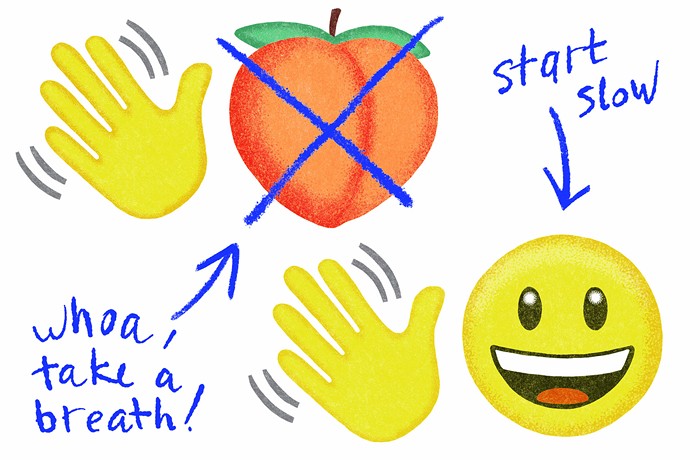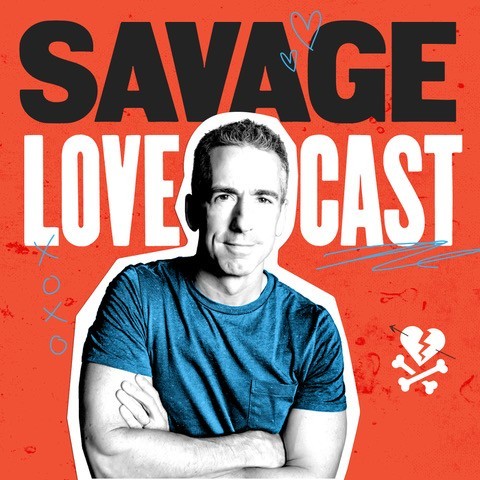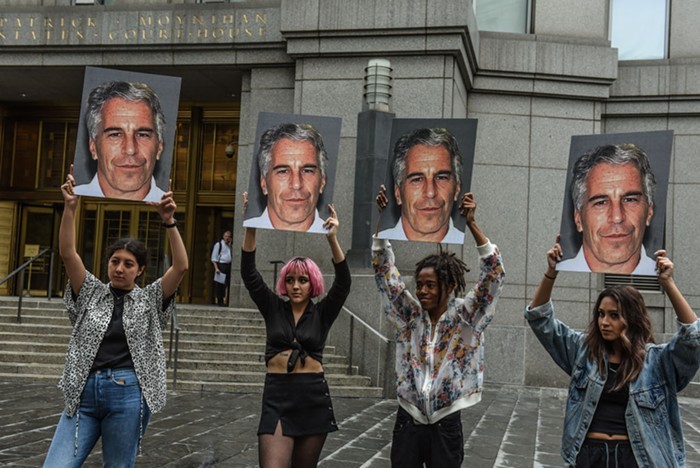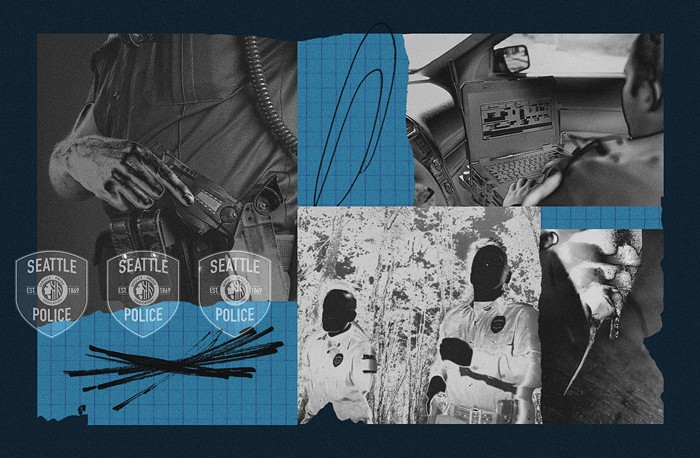In Darkness – Tribute to the Charleston Shooting Victims - Original Poem - Charleston Daily- https://t.co/mqdVRI4I2D #RoofTrial #EmanuelAME pic.twitter.com/JegeEy1Dfn
— Charleston Daily (@ChuckTownDaily) December 15, 2016
Dylann Roof has been found guilty for killing nine people at a Charleston, South Carolina church on June 17, 2015. Just two hours after closing arguments, the jury handed down a guilty verdict for all 33 federal charges levied against Roof, a white supremacist who gunned down the nine black parishioners, including Rev. Clementa Pinckney, a state senator and senior pastor at Mother Emanuel A.M.E. church, reportedly because he wanted to start a race war.
Assistant U.S. Attorney Nathan Williams addressed the jury in closing arguments:
"He needs to be held accountable for every bullet," Assistant U.S. Attorney Nathan Williams told the jury, emphasizing what he said was the depth of Roof's hatred.
"The parishioners could not have seen the hatred in his heart," Williams said. "He sat and waited until they were at their most vulnerable."
Felicia Sanders, one of three survivors of Roof's violence described the experience of being in the courtroom for his trial, during which time the young racist refused to look at her, or any member of his victims' families.
Felicia Sanders speaks with reporters on the fact that #DylannRoof wouldn't look at her. #RoofTrial pic.twitter.com/6RLffutVop
— Cynthia Roldán (@CynthiaRoldan) December 15, 2016
Roof's conviction is not unexpected. He had confessed to the crime on a video that was played in full during the trial, and had published a manifesto online that detailed his motives.
Despite the confession, Roof plead not guilty to the charges, which include hate crimes charges and nine counts of using a firearm to kill. The sentencing phase of the trial will begin January 3 to decide if Roof will receive the death sentence or life in prison without parole.
On Twitter, there were expressions of anger at Roof's crime and relief at his conviction, though many point out that this is just one guilty verdict, a drop in the bucket in an unjust system that regularly returns not-guilty decisions for white police officers accused of killing black people.
We may have gotten a guilty verdict for #DylannRoof but imagine the countless bodies that never saw their murderers even go to trial !!
— Tamika (@un_apologetic23) December 15, 2016
#DylannRoof's conviction doesn't mean the justice system is effective. It was a right thing done by a system that often does wrong.
— Miaopinie (@helloyoohoo) December 15, 2016
That so many react w/ elation & disbelief at the condemnation of #DylannRoof is actually quite saddening, we're so starved of justice.
— Guilaine Kinouani (@KGuilaine) December 15, 2016
I'll leave you with the words of President Barack Obama's indelible eulogy after the massacre and, more recently, those of Stranger contributor Ijeoma Oluo from her essay, "The Conviction of Dylann Roof Represents The Very Least We Can Do":
Understand that the Emanuel Nine lived every day in a country that did not value them. Understand that they lived every day in a country had been striving to end their lives. Understand that they lived in a country where the color of their skin made them subject to abuse, neglect, discrimination, poverty, and invisibility. Understand that many of the Emanuel Nine lived through Jim Crow, through racist slurs, through spit in their faces, through overwhelming oppression, through abject dehumanization.
Understand that if the Emanuel Nine had instead been shot by trigger-happy police in individual traffic stops, none of their killers would see a day in prison. Understand that they lived every day knowing that.


















